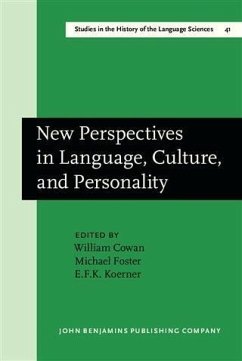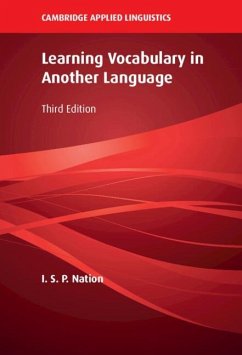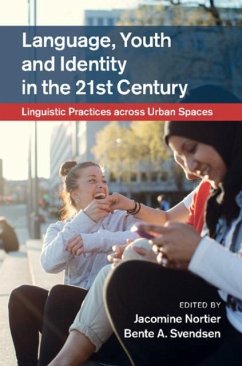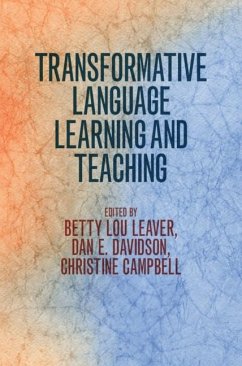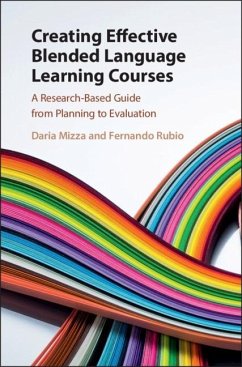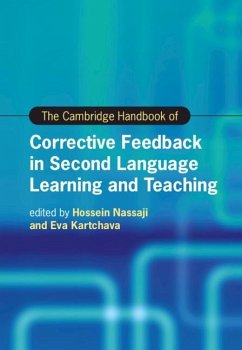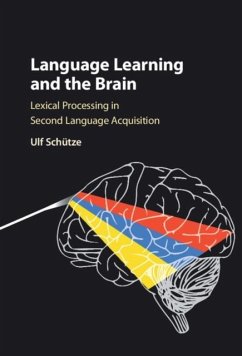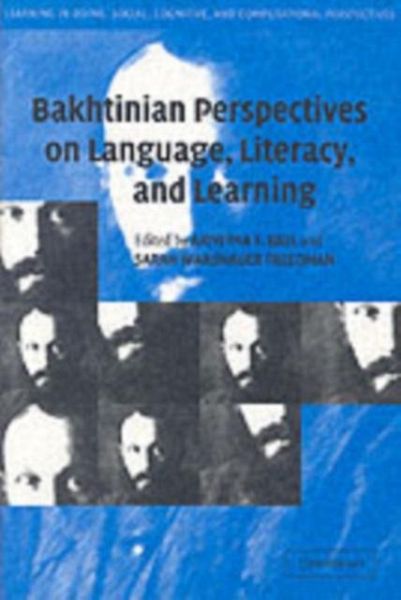
Bakhtinian Perspectives on Language, Literacy, and Learning (eBook, PDF)
Versandkostenfrei!
Sofort per Download lieferbar
32,95 €
inkl. MwSt.
Weitere Ausgaben:

PAYBACK Punkte
16 °P sammeln!
This 2004 book represents a multidisciplinary collaboration that highlights the significance of Mikhail Bakhtin's theories to modern scholarship in the field of language and literacy. Book chapters examine such important questions as: What resources do students bring from their home/community environments that help them become literate in school? What knowledge do teachers need in order to meet the literacy needs of varied students? How can teacher educators and professional development programs better understand teachers' needs and help them to become better prepared to teach diverse literacy...
This 2004 book represents a multidisciplinary collaboration that highlights the significance of Mikhail Bakhtin's theories to modern scholarship in the field of language and literacy. Book chapters examine such important questions as: What resources do students bring from their home/community environments that help them become literate in school? What knowledge do teachers need in order to meet the literacy needs of varied students? How can teacher educators and professional development programs better understand teachers' needs and help them to become better prepared to teach diverse literacy learners? What challenges lie ahead for literacy learners in the coming century? Chapters are contributed by scholars who write from varied disciplinary perspectives. In addition, other scholarly voices enter into a Bakhtinian dialogue with these scholars about their ideas. These 'other voices' help our readers push the boundaries of current thinking on Bakhtinian theory and make this book a model of heteroglossia and dialogic intertexuality.
Dieser Download kann aus rechtlichen Gründen nur mit Rechnungsadresse in A, B, BG, CY, CZ, D, DK, EW, E, FIN, F, GR, HR, H, IRL, I, LT, L, LR, M, NL, PL, P, R, S, SLO, SK ausgeliefert werden.





